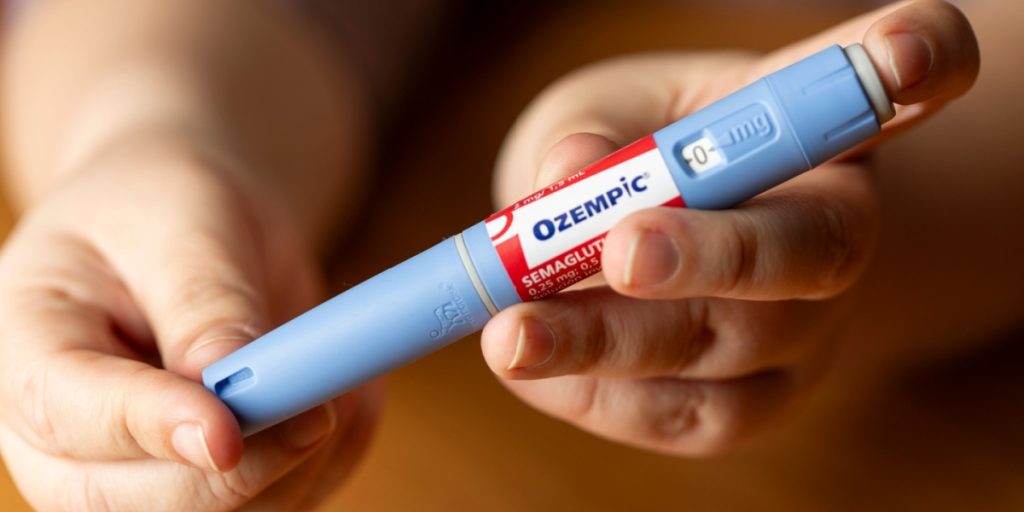Some have ben battling uncontrollable vomiting that left her dangerously malnourished.
Others are reading now
Hundreds of Americans have filed lawsuits in multiple states against pharmaceutical giants Novo Nordisk and Eli Lilly, claiming that their weight loss drugs, Ozempic and Mounjaro, have caused life-altering injuries. The legal actions come as these medications have generated billions in revenue for the companies.
Three Bad Cases
According to Ziare, Dana Filmore, a 55-year-old grandmother from Ohio, can no longer eat solid foods and has to puree her meals.
She was prescribed Ozempic to manage her type 2 diabetes and experienced severe nausea that led to a diagnosis of gastroparesis, a condition that impairs the stomach’s ability to empty. “Solid foods are very difficult for me. My body just rejects them,” she stated.
Jacqueline Barber from Louisville suffered similarly, battling uncontrollable vomiting that left her dangerously malnourished. After being prescribed Ozempic in 2021, she lost 140 pounds and struggled with severe depression as her condition worsened.
Also read
Bob Tuttle, a Tennessee oil worker, was also affected, suffering excruciating stomach pain that forced him to quit his job. He was diagnosed with gastroparesis after being unable to eat for four days while working offshore.
Failed to Warn Comsumers
These individuals allege that Novo Nordisk and Eli Lilly failed to warn consumers about the significant risk of serious gastrointestinal injuries associated with their medications, including gallbladder issues and paralysis of the stomach.
While Novo and Lilly deny these claims, pointing out that the risks of semaglutide (the active ingredient in Ozempic) are clearly outlined, the lawsuits reflect growing concerns about the long-term effects of these popular drugs.
Nearly 22,000 adverse reactions to Ozempic have been reported to the FDA, with gastrointestinal conditions representing 43% of those incidents.


